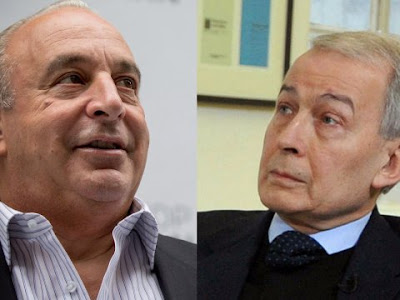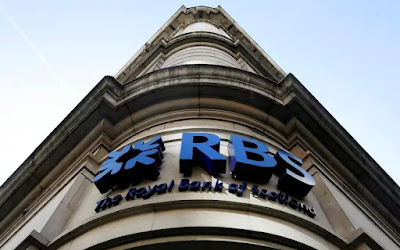Geely Automotive Becomes Daimler’s Largest Stakeholder: The Latest Demonstration of an ever-tightening Market

We have looked at the Auto Industry on a few occasions here in Financial Regulation Matters , with posts ranging from industry reorganisation with Peugeot’s purchase of Opel-Vauxhall , the increasing securitisation of auto finance packages , to corruption within the industry . Today, we will review the latest demonstration of an ever-tightening marketplace by looking at the news that Geely Automotive, a significant player in the Chinese electric vehicle market , has recently invested $9 billion for a 9.7%, and largest stake in German automotive powerhouse Daimler . There have been some concerns raised as to the potential effects of the deal, so whilst we shall be focusing upon those, we will also look at the sentiment that this news provides for the direction of the automotive industry. Geely’s purchase of the Daimler shares, making it the largest shareholder, comes on the back of a concerted wave of action by Chinese automotive companies outside of Chinese markets. Geely is the











